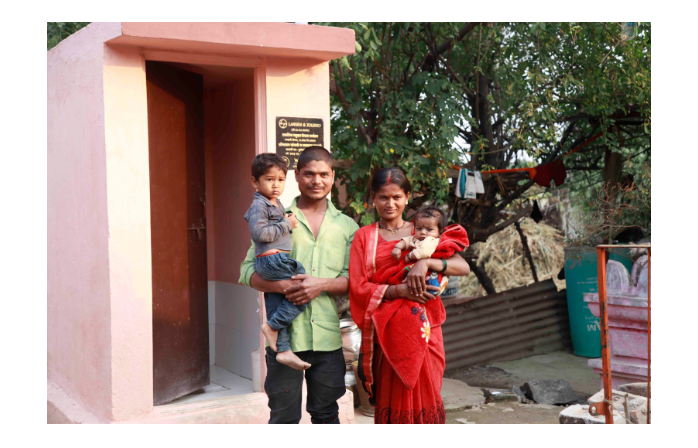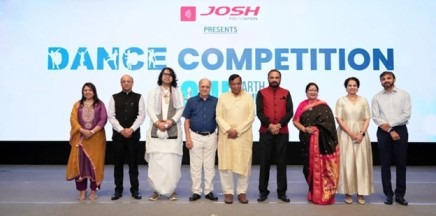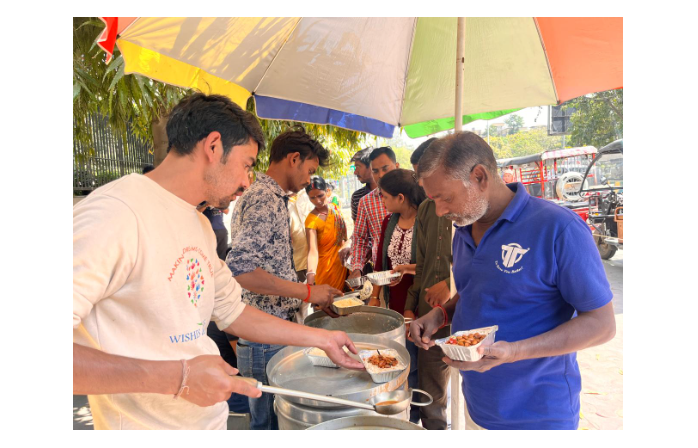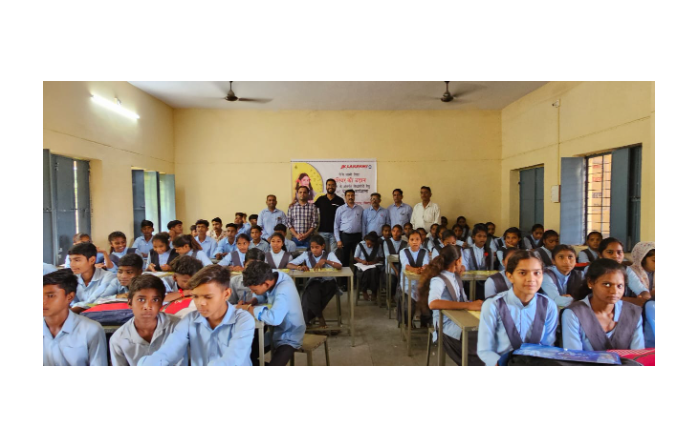Parivesh Bandhus - Delivering a vital service while earning a vital living
By- ITC
August 21, 2020
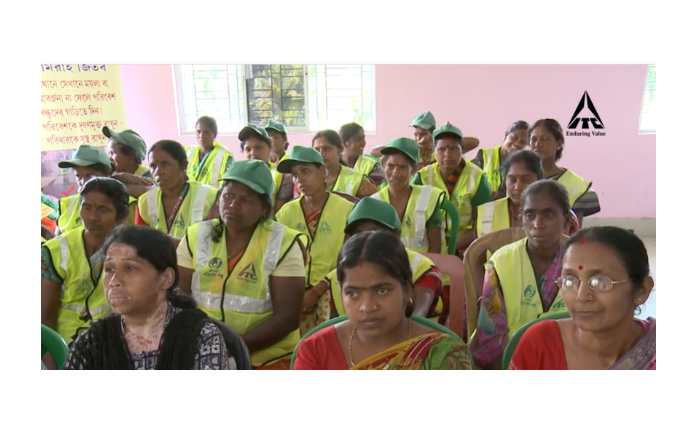
ITC
ITC’s specialty paper factory in Tribeni in West Bengal has a 50-year old relation with the township/ Today, that relationship has taken a new direction. Women from Tribeni’s economically needy family has joined hands to keep Tribeni clean. A group of 142 women run a solid waste management operation in Tribeni’s township. They are supported by ITC through its partner organization ‘BITAN’, working closely with the local Panchayat and Sansad. In each Sansad, activity is organised by Self Help Groups of women of the area. They pick the most needy amount them to work as ‘Friends of Environment’.
‘Parivesh Bandhus’ are the women who are trained to deliver a vital service and in process earn a vital living. The women clean the towns’ drains and roads and collect household waste from door to door. They work as a four person team - a road sweeper, a drain cleaner, and two household waste collectors serving 10,000 households everyday.
From house to house, across Tribeni, biodegradable waste is put in green bags and the recyclable waste is turned into bio-compost manure. Some houses have started segregating the waste themselves. The work is supervised by the monitors who report to the Gram Sansad.
The monitors collect the fees of Rs. 20 per month that the households pay for the service. Once the household waste is collected, it all heads for the resegregation points. The waste is checked again and repacked in green and red bags, and taken to the project’s central processing unit by men ‘Parivesh Bandhu’.
The collection of household subscription is deposited with Gram Sansad every month by the monitors. At the end of every month, the ‘Parivesh Bandhus’ and monitors are paid the honorarium of Rs. 1200. Parivesh Bandhus are medically protected with Tetanus shots. They are also linked to public income, savings and other entitlements.
Shoma Bag, a Parivesh Bandhu, says - ‘I have a Jan Dhan Account, a Panchayat savings account, and the SASPFUW health card.’
At the central processing unit, the story takes a new turn. Approximately, 2.5 tonnes of biowaste comes into the unit everyday. The recyclable waste is stored in watts to be sorted and sold. Biodegradable waste is taken to the yard and stacked in beds to decompose. The stacked waste is turned every 10 days and treated with micro-bacterial culture and water. The decomposed material is then dried before packing. The kitchen waste and leaves from Tribeni’s households and roads is turned into ‘Friend of Nature Compost’, which is in a growing demand from nurseries, gardeners, farmers in the area.
The Parivesh Bandhus have taken the responsibility to reach more households, rich and poor. Their life experience drives their social purpose. Joining together and rendering the community of vital service, they have seen the difference they can make. It has given them a secure livelihood. More importantly, it has given them the spirit of unit and a voice of their own.
Solid Waste Management projects under ITC’s ‘Mission Sunehra Kal’ aims to promote source segregation and minimize waste volume in landfills in small towns, rural catchments and temples.
Together these projects have separated over 1,36,000 households in 12 districts across 9 states. Of the total water collected, less than 18% was dumped in landfills.
Source

ITC Limited is an Indian multinational conglomerate company headquartered in Kolkata, West Bengal. Established in 1910 as the Imperial Tobacco Company of India Limited, the company was renamed as the India Tobacco Company Limited in 1970 and later to I.T.C. Limited in 1974.
© Renalysis Consultants Pvt Ltd



.jpg)

